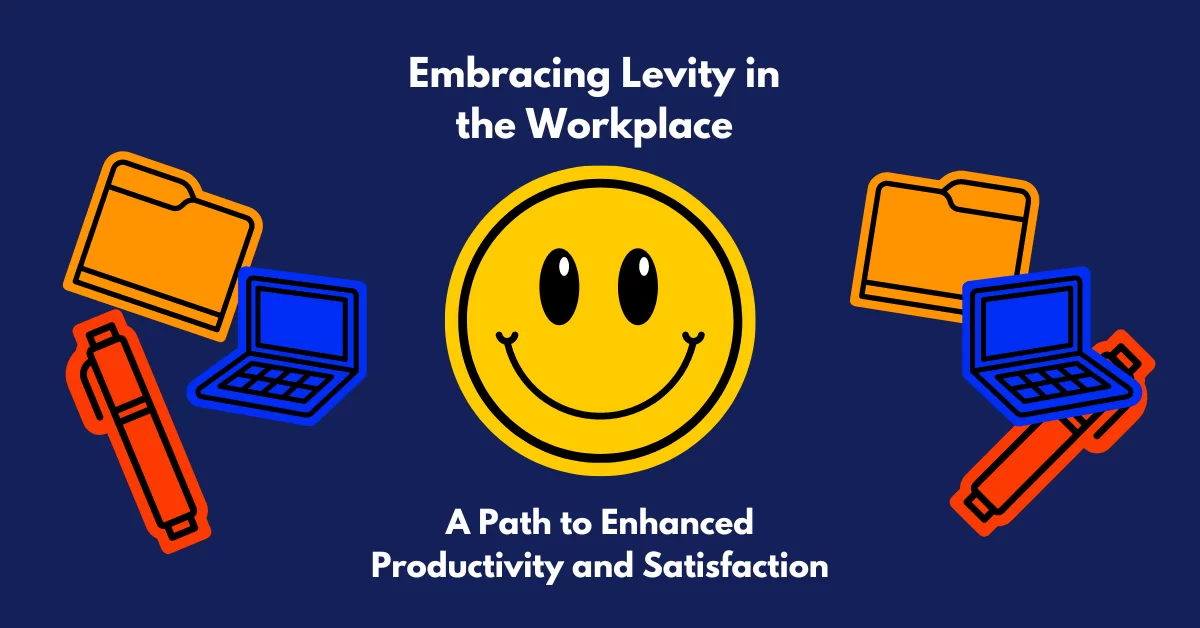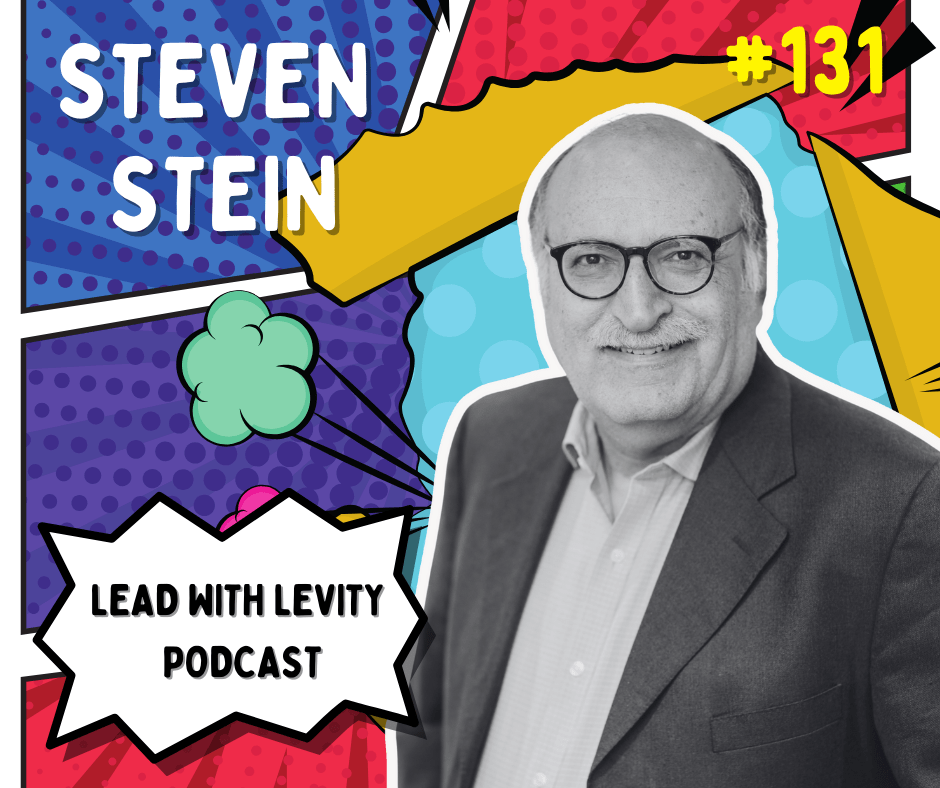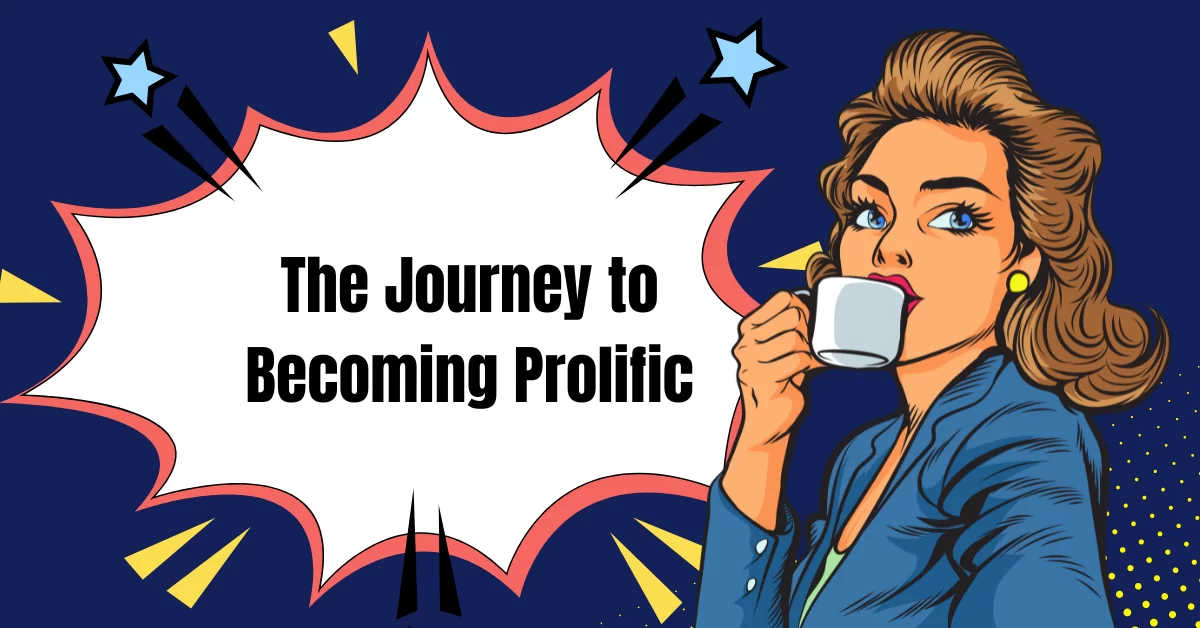In today’s fast-paced and often high-pressure work environments, the concept of levity might seem out of place. Levity, defined as the treatment of serious matters with humor, often gets sidelined in the corporate world. Synonyms like cheerfulness, gaiety, light-mindedness, and high spirits paint a picture far removed from the traditional sober business setting. But the question arises: can, and should, levity be an integral part of workplace culture?
Breaking the Stereotype: Levity in the Professional Sphere
The notion that workspaces must be zones of strict sobriety and seriousness to convey a sense of professionalism is increasingly being challenged. A pivotal report titled “Questions and Answers About Fun at Work” sheds light on this aspect. It reveals a growing consensus among human resource managers who advocate for a fun and engaging work environment. They argue that integrating levity into the workplace benefits both employees and employers.

The Tangible Benefits of Levity at Work
Incorporating levity into the workplace doesn’t just uplift spirits; it brings a host of tangible benefits:
- Attracting Talent: A workplace known for its light-hearted yet productive environment is more likely to attract new hires.
- Reducing Turnover and Absenteeism: Employees are more likely to stay committed to a company that values their well-being and encourages a positive atmosphere.
- Enhancing Communication: Levity breaks down barriers, fostering better communication among team members.
- Improving Organizational Culture: A fun workplace cultivates a more engaged and satisfied workforce.
- Boosting Employee Commitment: When employees enjoy their work environment, their commitment to the organization deepens.
- Elevating Customer Satisfaction: Happy employees often translate into happier customers, enhancing overall business success.

Who Should Spearhead Levity in the Workplace?
The introduction of levity in an organization is a strategic move. According to the report, it is primarily the responsibility of top management, including the CO and senior management team, to embed levity in the organizational culture. Initiatives from less senior positions might not have the same impact or could even backfire. When top management leads the way, it establishes a trustful and flexible atmosphere, creating the psychological safety necessary for employees to engage in and appreciate levity.

Conclusion: A Call for a Shift in Workplace Dynamics
The growing evidence supporting a levity-filled work environment is a call for organizations to rethink their cultural dynamics. It’s about finding a balance where seriousness about work coexists with an atmosphere that promotes laughter, joy, and light-hearted interactions. This balance not only enhances the well-being of employees but also contributes significantly to the organization’s overall success. As we continue to navigate the complexities of the modern workplace, perhaps it’s time to let a little more levity in.
Research References:
- “Questions and Answers About Fun at Work” – A report advocating for a fun work environment among HR managers.
- Greater Good Magazine, Berkeley: Discusses the benefits of humor and levity in the workplace, including stress reduction and job satisfaction.
- TeamBuilding.com: Lists the benefits of having fun at work, such as attracting talent, encouraging risk-taking, and breaking down hierarchies.
- McKinsey & Company: Highlights the impact of humor in leadership and its benefits in building connections, well-being, and safety among colleagues.










